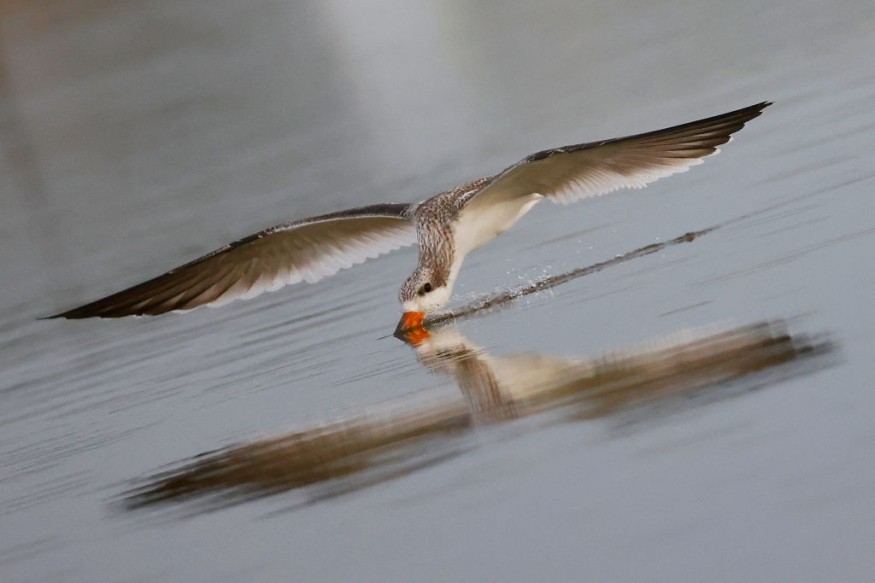A study found out that the presence of seabirds in islands could improve the growth rate of corals.
Global climate change has threatened tropical coral reefs, yet local management can influence resilience.
Experts noted that while increasing anthropogenic nutrients reduce coral resistance and recovery, it is unknown how the loss, or restoration, of natural nutrient flows affects reef recovery.

Seabird-Derived Nutrients
In the study, experts tested how natural seabird-derived nutrient subsidies, which are threatened by invasive rats, influence the mechanisms and patterns of reef recovery following an extreme marine heatwave using multiyear field experiments, repeated surveys, and Bayesian modeling.
They said that corals transplanted from rat to seabird islands quickly assimilated seabird-derived nutrients, fully acclimating to new nutrient conditions within a period of three years.
Furthermore, they said that with increased seabird-derived nutrients, in turn, caused a doubling of coral growth rates both within individuals and across entire reefs.
Seabirds were also associated with faster recovery time of Acropora coral cover (<4 years) and more dynamic recovery trajectories of entire benthic communities.
Scientists concluded that restoring seabird populations and associated nutrient pathways may foster greater coral reef resilience through enhanced growth and recovery rates of corals.
Human-caused climate change is already causing extensive damage to ecosystems worldwide, with the impacts predicted to continue accumulating.
While reducing greenhouse gas emissions is necessary to decrease the rate of warming and associated impacts, even with near-complete emissions reductions, warming of at least 1.5°C is likely locked-in for the coming decades.
Scientists pointed out that it is also important to identify and promote local conditions that bolster species and ecosystem resilience to climate change in the near term.
Tropical Coral Reefs
Tropical coral reefs are one of the ecosystems most vulnerable to climate change, as increasing frequency and intensity of marine heatwaves causes mass die-offs of corals, which are considered as the foundation species of these ecosystems.
Even remote reefs are threatened by climate change, yet local conditions and communities produce spatial heterogeneity in resilience.
Nutrients are considered as one of the important drivers of this variation, with anthropogenic nutrients from agriculture and waste hindering both coral resistance to bleaching and postbleaching recovery at cellular to ecological scales.
Consequently, reducing anthropogenic nutrient enrichment to coral reefs has been a conservation priority.
However, humans have altered nutrient regimes on coral reefs not only by increasing the flow of anthropogenic nutrients but also by disrupting the flow of natural nutrient subsidies provided by mobile animals.
Seabirds are one group of mobile animals that play a key role in transferring and concentrating nutrients to nearshore coral reefs when they return to land from their oceanic foraging grounds.
According to research, seabird-derived nutrients, in turn, benefit coral reef fish growth, biomass, and ecosystem functioning.
It is unclear how seabird-derived nutrients affect coral recruitment.
However, there is evidence for higher crustose coralline algae (CCA) cover and herbivore biomass around seabird-rich islands following a bleaching event, both of which may have positive effects on coral recruitment and juvenile survival.
Environmental benefits of seabird nutrients go beyond increased rates of coral recovery, according to the study.
They noted that growth rates of fish on reefs adjacent to islands with large seabird colonies is also faster and overall biomass of fish is 50% greater than on reefs next to islands with rats.
Related Article : Traces of Plastic Found in Seabirds Nests, Endangering Chicks to Plastic Ingestion
© 2025 NatureWorldNews.com All rights reserved. Do not reproduce without permission.





